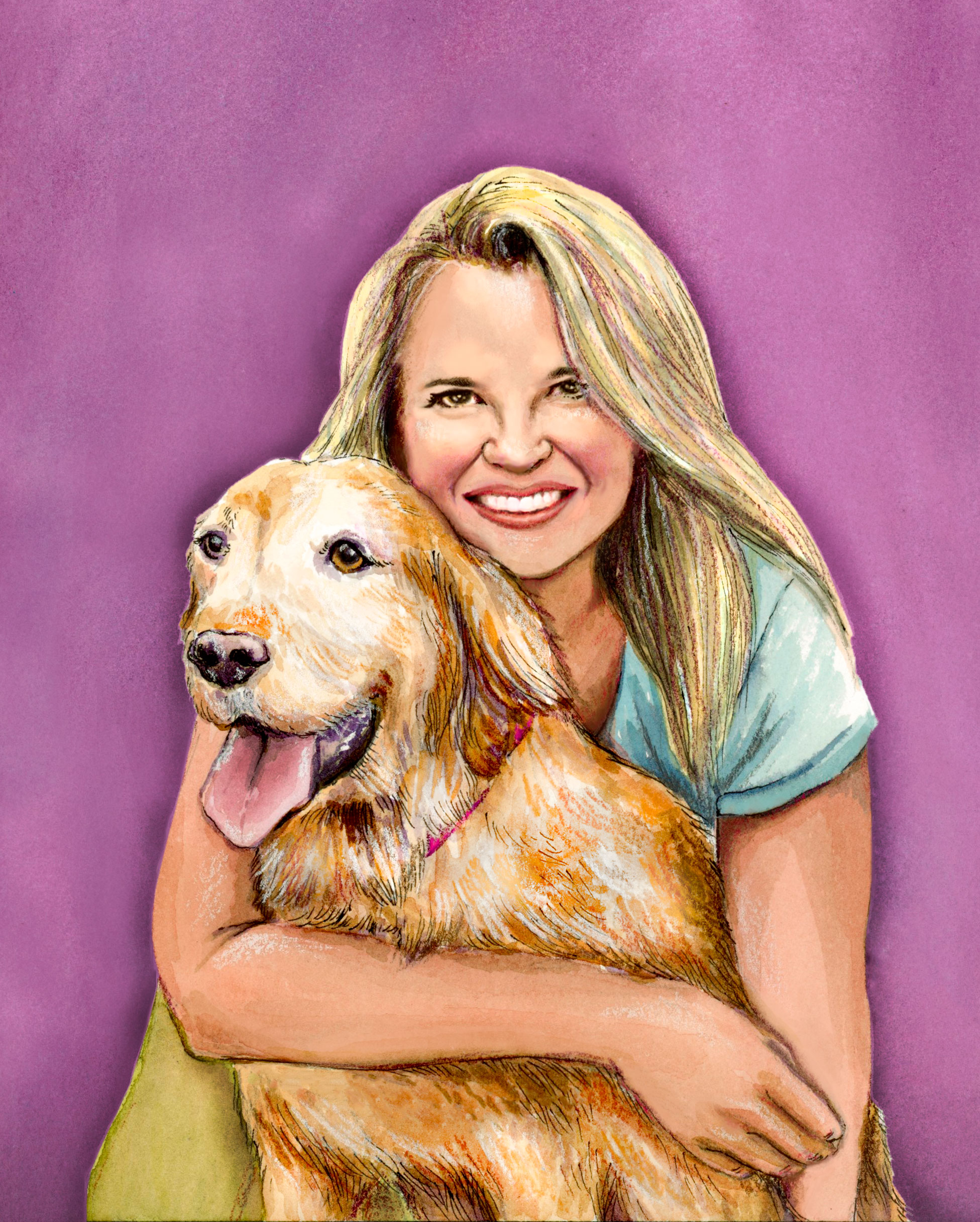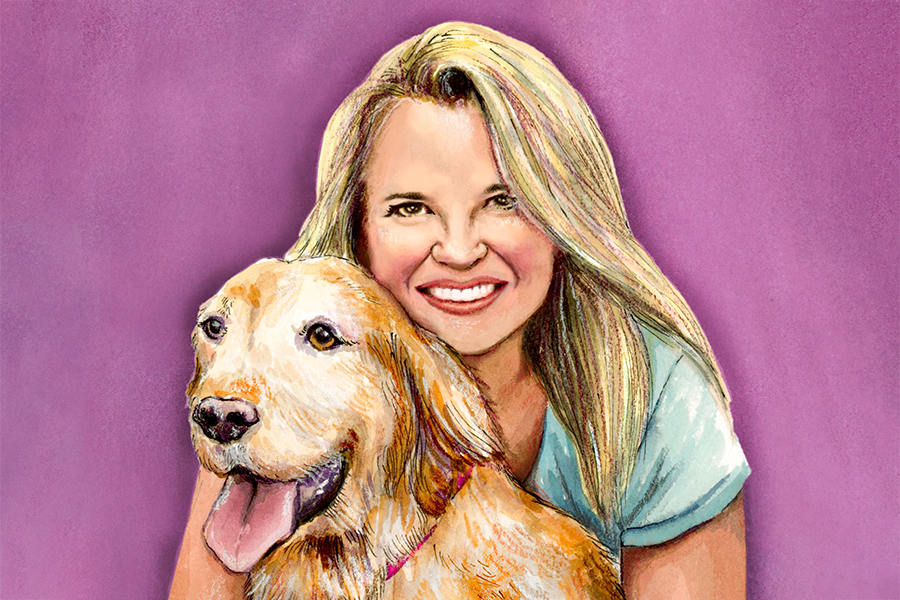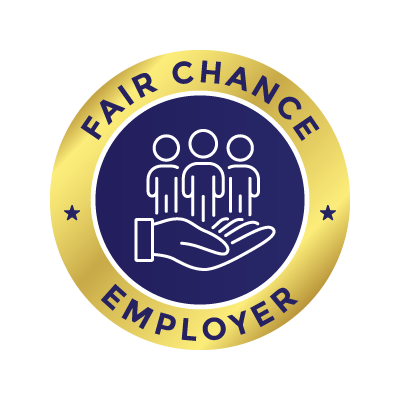“Take it in very small steps, surround yourself with people who believe in you, and don’t be afraid to talk about what happened.”
Due to — what Mickey describes as — a “perfect combination of stressors in a lot of areas,” she started using her corporate credit card for personal use, planning to pay off the debt when she was able. However, the more she used the card, the more it became a safety net. Mickey found that using the card alleviated marital conflict, allowed her to provide for herself and her family, and helped her feel in control of her chaotic home life.
about mickey
Like most people, Mickey never thought she would someday end up in the justice system. Mickey spent most of her adolescence in Florida. She moved to Utah for work and to attend Brigham Young University, where she graduated with a degree in Human Development. After graduation, she pursued a career in marketing, which led her to a job she loved: Director of Marketing at Symantec, a digital security company.
From the outside, it seemed that Mickey was living the dream. But, in reality, she was struggling. Mickey said that during this time in her life, she was in an emotionally abusive relationship and felt stuck, unsafe, and unhappy. She knew help was available, but felt unable to reach out because of societal stigma and expectations within her community to maintain the illusion of a perfect life. This led to Mickey using her company card to eliminate stress. Being in a high ranking position at Symantec allowed her to hide any fraudulent usage of the card by being protective of who managed its funds and justifying any excessive charges.
After a year of hiding the truth, Mickey was confronted by her company’s Human Resources department about some of the purchases she made on her company card. She admitted what she had done, and was immediately fired and escorted out of the building. Her first call was to her friend, an attorney, who told her she should expect to go to prison for what she had done. She was scared, but more than anything, she was relieved, because she did not want to hide the truth anymore. She knew in order for her to change, she needed to be caught.
Because her company was headquartered in California, and Mickey was working in Utah, Mickey had committed a federal crime that needed to be investigated by the Federal Bureau of Investigation. In the time between being fired and being sentenced to prison, Mickey was monitored constantly — text messages, emails, phone calls, financial transactions, and medical records were obtained by the FBI. For Mickey, uncertainty and the length of the investigation were the most difficult things to come to terms with leading up to her trial.

During sentencing, the judge in her case took a variety of factors into consideration, including Mickey’s struggle with substance use disorder, marital issues, and other stressors that resulted in her committing the crime, as well as her being a mother to two young children. Receiving her sentence was terrifying, but she knew it would allow her to get the help she desperately needed but was too afraid to ask for.
Mickey was sentenced to three years in a federal women’s prison in Phoenix, Arizona. When she arrived at the prison, a guard warned her about the women that were there. However, Mickey found the women she was incarcerated with were supportive, caring, and compassionate. She realized that they were more similar than they were different. Mickey believes that the women in the system saved her and changed her life.
Following her release, Mickey was transferred to a halfway house. She found this environment harder than prison, and was desperate to move out of the facility as soon as possible. She began working 18 hours a day between multiple jobs. She went from being a high ranking, well-paid marketing director to working a minimum-wage job making windows. She was grateful for the opportunity, but she knew she needed to make more money to support her family.
Mickey decided to contact her former supervisor at Symantec, who she had kept in contact with leading up to her trial. She explained she needed to find a job that paid enough money to support her family as a single mother. Despite what Mickey had done, her supervisor decided to give her a second chance, recognizing that Mickey was highly qualified and skilled at her job in marketing. Being given another chance to prove herself allowed her the opportunity to get back on her feet and achieve upward mobility in her career.
Today, Mickey has been out of prison for 7 years, and is proud of the life she has rebuilt for herself. She is a loving mom to her kids, works in tech, and is also a writer and public speaker. She attributes her successes outside of prison to the support of the women in the system, the professors at Arizona State University, and other volunteers in the prison who motivated her, gave her hope, and urged her to do what she loved. She also credits her friends and family, who looked after her children, and her dogs who waited for her while she was gone, and welcomed her back.
Mickey’s advice to people coming out of incarceration is to “take it in very small steps, surround yourself with people who believe in you, and do not be afraid to talk about what happened.” Mickey has found that the more she tells her story, the easier it is to move forward.
This story is part of our #1in3 campaign, a project to end the stigma and raise awareness of how common it is to have a criminal record.
1 in 3 Americans has a criminal record, which is a lot more common than people think. No one expects to be involved in the justice system, but it can happen to anyone. People of all ages, backgrounds, genders, and income-levels are involved in the justice system. Their pathways vary, but the barriers of a record affect them all. Our hope is that by sharing their portraits and telling their stories, we can change the way people think about people with records and appreciate them for all they have overcome.




